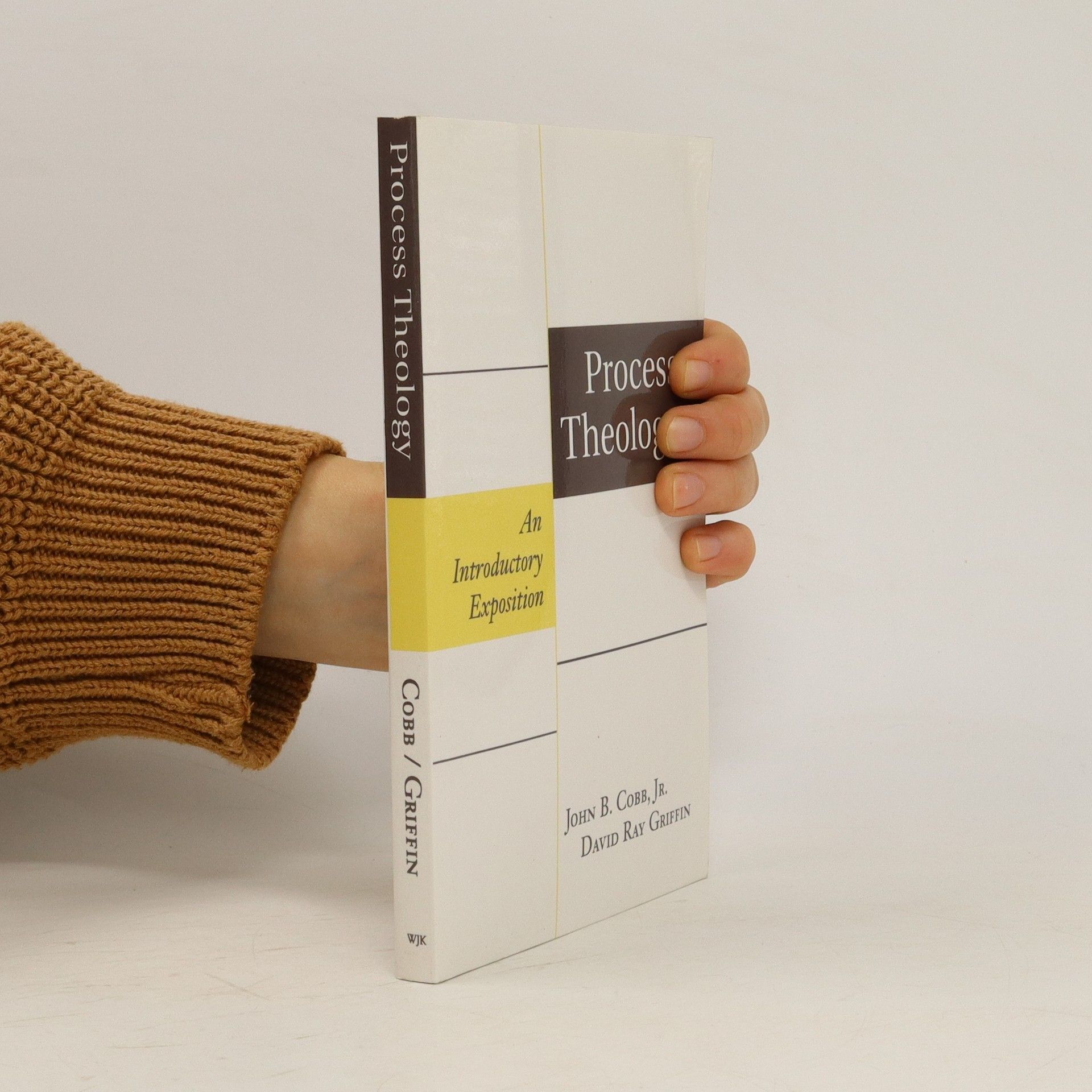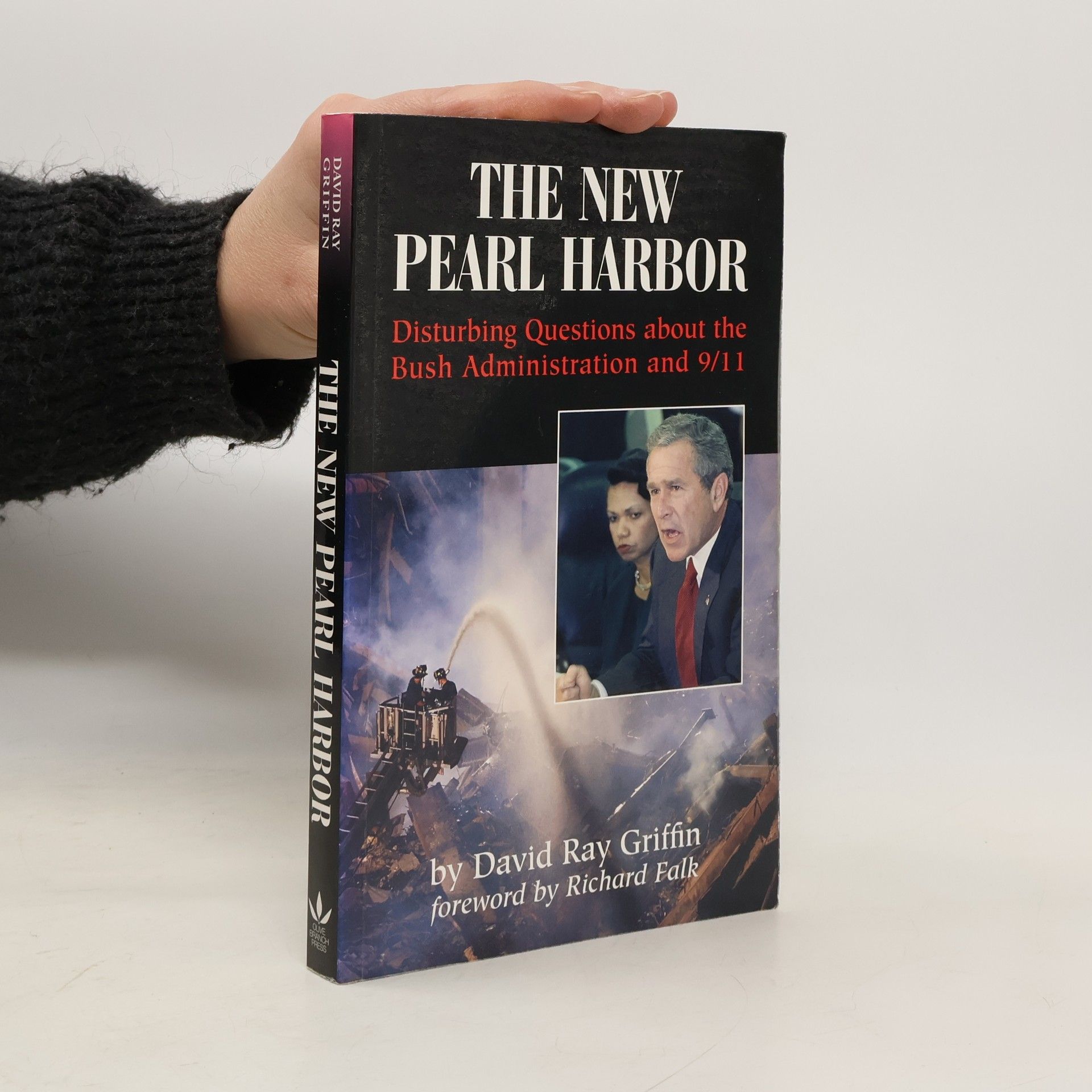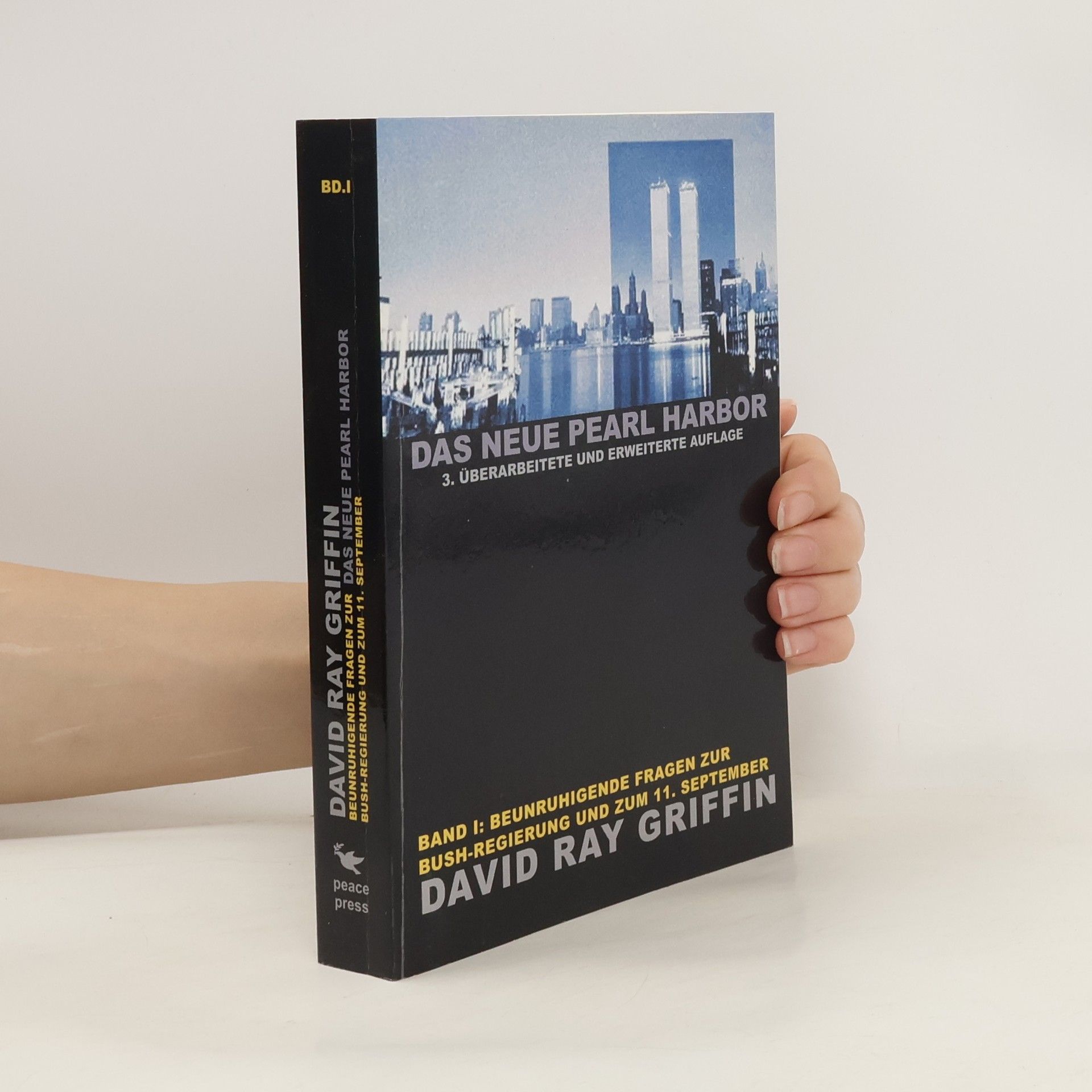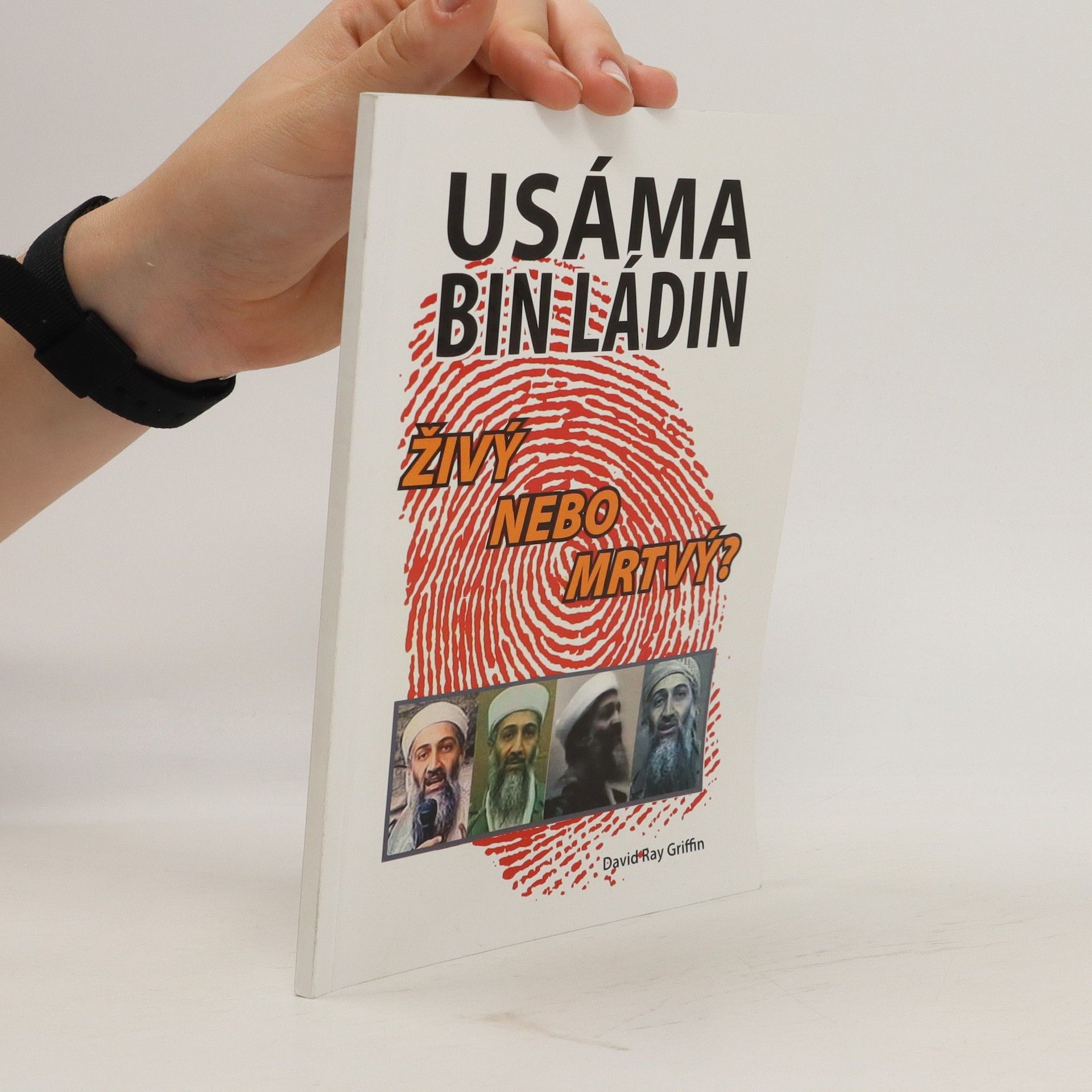11 septembre
Omissions et manipulations de la Commission d'enquête
" Au final, le rapport de la commission d'enquête sur le 11 septembre, loin de diminuer mes soupçons sur une complicité officielle, a servi à les confirmer. Pourquoi les responsables chargés du rapport final s'engageraient-ils dans une telle supercherie, si ce n'était pour tenter de couvrir des crimes très graves ? " David Ray Griffin. Après la lecture de ce livre argumenté de façon implacable, la partialité de la commission d'enquête apparaît manifeste. Il devient également difficile de croire que l'administration Bush n'a pas, au minimum, délibérément décidé de laisser se produire le 11 septembre, ainsi qu'en sont désormais convaincus plus de la moitié des New-Yorkais.







